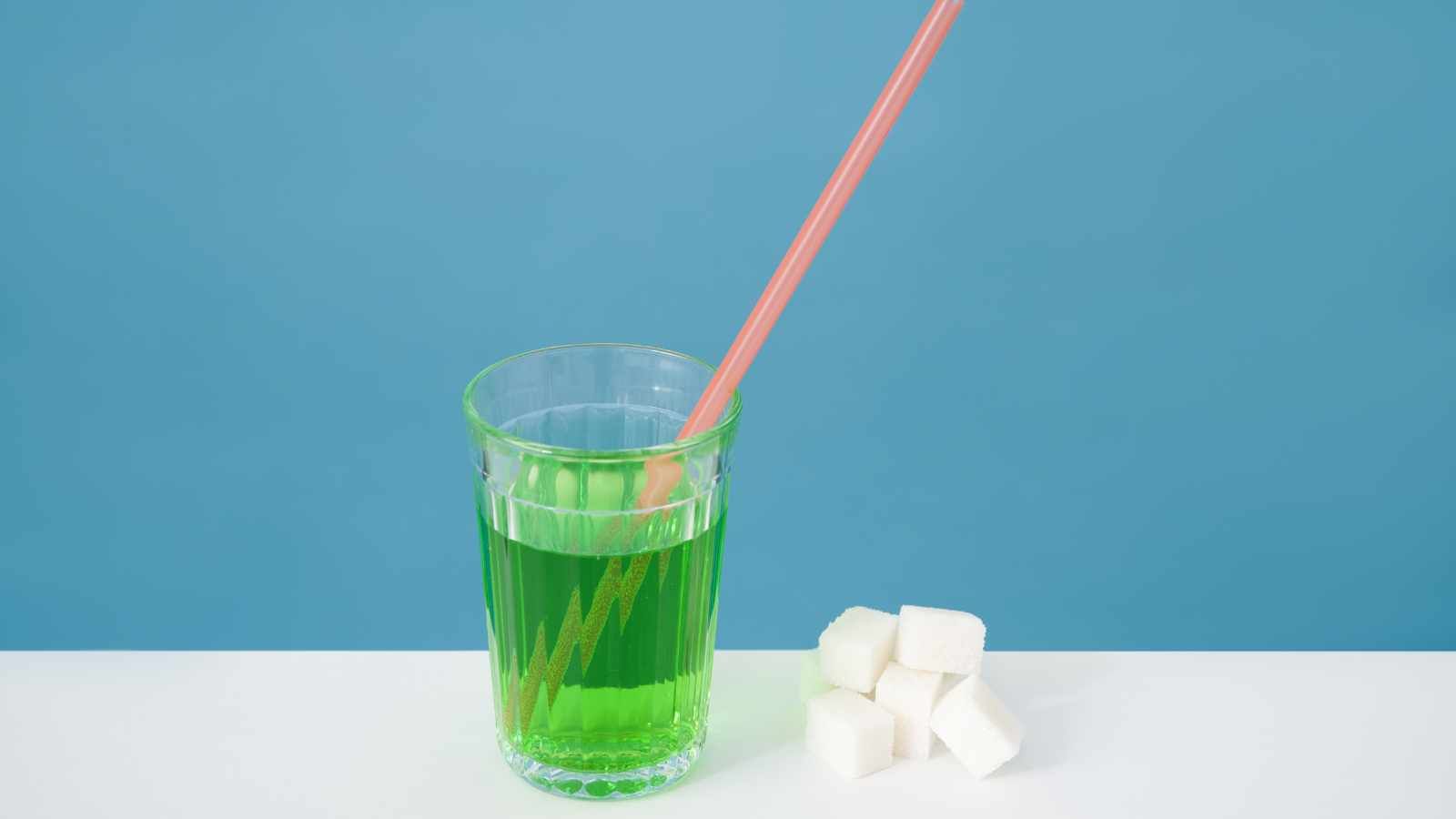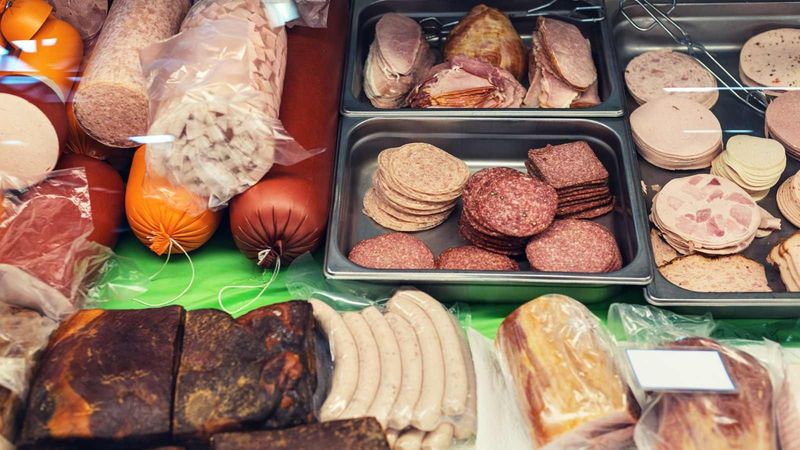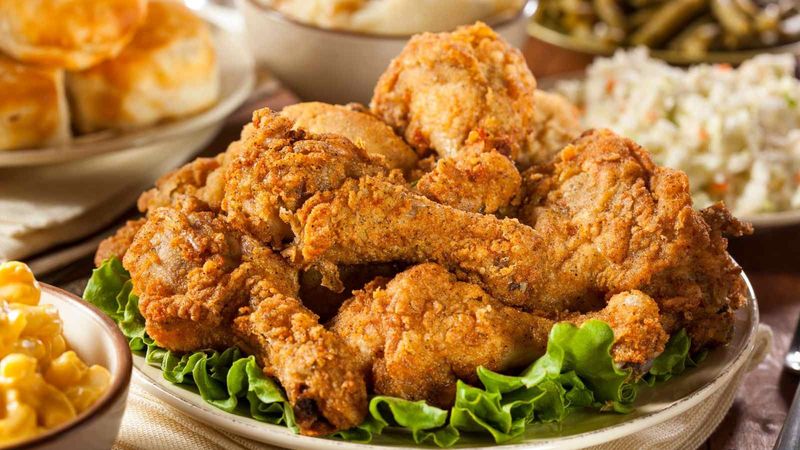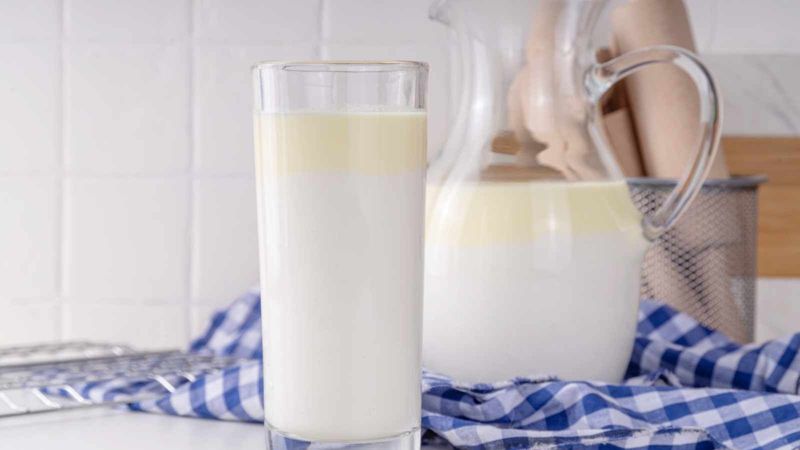13 Foods Elderly People Should Avoid at All Costs
As we age, our dietary needs evolve. While the principles of balanced nutrition remain, some foods can pose a risk to seniors due to changes in metabolism, digestion, and the body’s ability to handle specific ingredients. In light of this, we have compiled a list of 13 foods that older people should avoid to maintain optimal health and wellness.
Excessive Salt

While our bodies need sodium for various functions, excessive salt can cause high blood pressure and strain the heart and kidneys. In older adults, the risk of developing hypertension increases, making it crucial to limit salt consumption. Reading labels for sodium content and using herbs and spices in cooking can help reduce salt intake.
Sugary Drinks

Sugary drinks like soda, fruit juices, and sports drinks contain high-added sugars that can contribute to weight gain and increase the risk of diabetes and heart disease. As we age, our bodies become less efficient at processing sugar, making it essential for seniors to limit their intake of sugary beverages.
Processed Meats

Processed meats are laden with excessive sodium, nitrates, and preservatives, rendering them an unfavorable option for older adults. Consuming these meat varieties makes you highly susceptible to heart disease, cancer, and other health concerns. Older adults should choose leaner protein sources like fish, poultry, tofu, and beans.
High-Fat Dairy Products

With age, our bodies produce less lactase, the enzyme necessary for digesting dairy products. Consumption of high-fat dairy items, like cheese and whole milk, can result in digestive problems, discomfort, and potential nutrient deficiencies. To circumvent these issues, switching to low-fat or non-dairy alternatives is advisable.
Fried Foods

Fried foods are commonly packed with unhealthy fats and high-calorie content, making them an unappealing choice for seniors who may already struggle to manage weight and maintain heart health. Choosing grilled, baked, or steamed alternatives can offer equally delightful flavors while providing greater nutritional value.
Caffeine

While caffeine may have some benefits, excessive consumption can lead to digestive problems, sleep disturbances, and dehydration. As we age, our tolerance for caffeine decreases, making it essential for seniors to limit their intake of coffee, tea, and energy drinks.
Spicy Foods

As people age, the digestive system undergoes changes that can cause heartburn, acid reflux, and digestive issues when consuming spicy foods. Limiting or avoiding spicy dishes can help prevent discomfort and potential complications, allowing seniors to maintain a healthy and comfortable lifestyle.
Raw Sprouts

Raw sprouts have a higher risk of bacterial contamination, making them unsafe for consumption, especially for older people with weakened immune systems. Cooking sprouts thoroughly can reduce the risk of foodborne illness, ensuring seniors enjoy their meals without worry.
Raw Eggs

Raw or undercooked eggs can pose a significant risk of salmonella infection, especially for older adults with weakened immune systems, as it may be harder for their bodies to fight off harmful bacteria. To guarantee food safety and reduce the chances of foodborne illness, cook eggs thoroughly until the whites and yolks are firm.
High Mercury Fish

Fish is an excellent source of protein and healthy fats, but some types may contain high levels of mercury that can be harmful, especially for seniors. Swordfish, shark, tilefish, and king mackerel are among the varieties to limit or avoid due to their high mercury content. Opting for low-mercury fish like salmon, sardines, and cod can provide similar health benefits without the risk.
Alcohol

Although moderate alcohol consumption may offer some health benefits, excessive drinking can present multiple risks for seniors. These risks include potential interactions with medications and an elevated likelihood of falls. Seniors should restrict their alcohol intake to one drink per day or avoid alcohol.
Unpasteurized Dairy Products

Unpasteurized dairy products, like raw milk and cheese, contain harmful bacteria that cause severe foodborne illnesses. Seniors with weakened immune systems are at higher risk. They must choose safe, pasteurized alternatives that retain nutritional value while eliminating harmful bacteria.
Foods with Tough Textures

Our teeth may weaken as we age, making it challenging to chew tough foods. These foods can pose a choking hazard and make eating uncomfortable for seniors. Choose softer options like stewed fruits and vegetables, cooked grains, and tender meats to prevent potential dental issues and ensure enjoyable meals.
